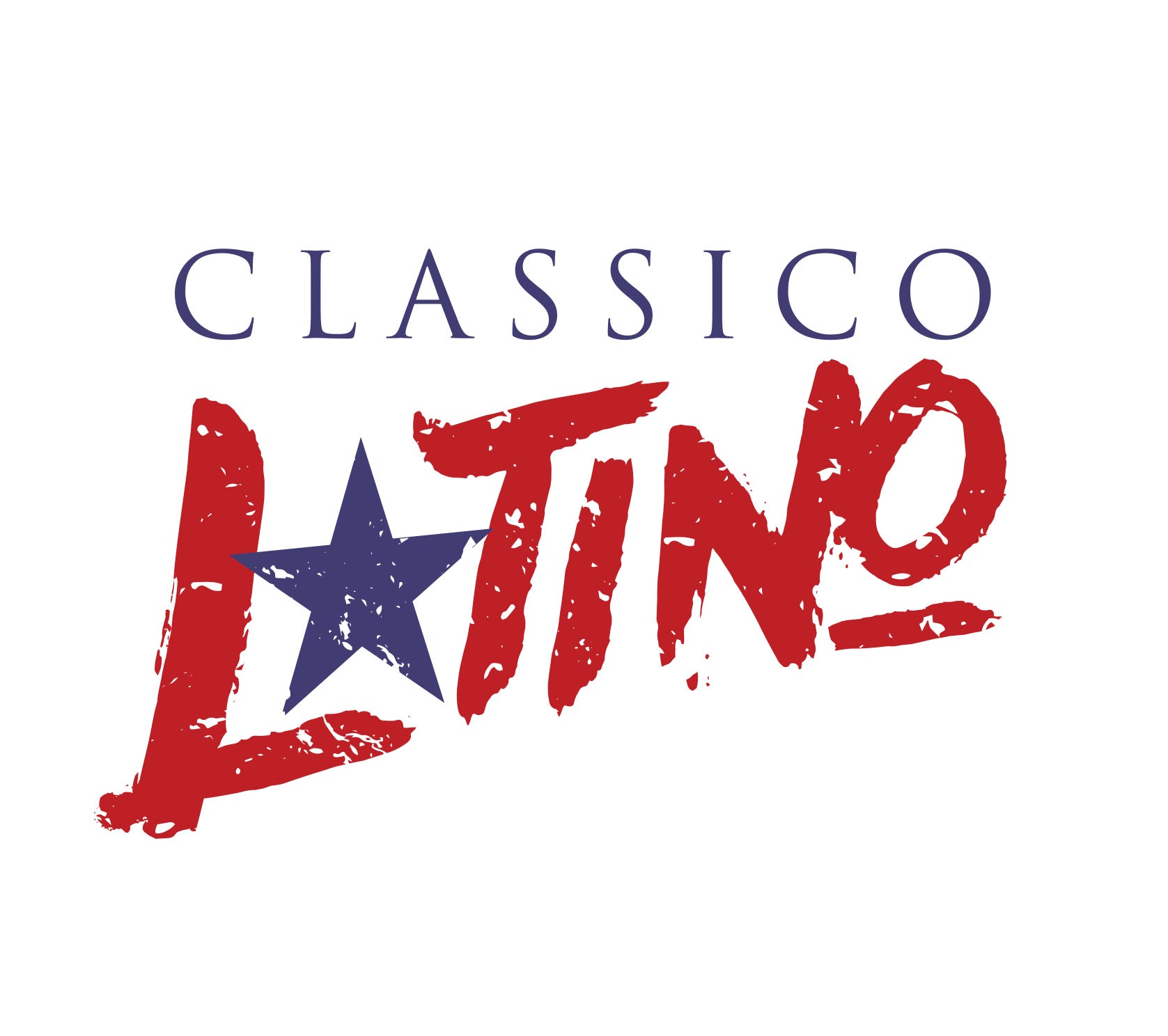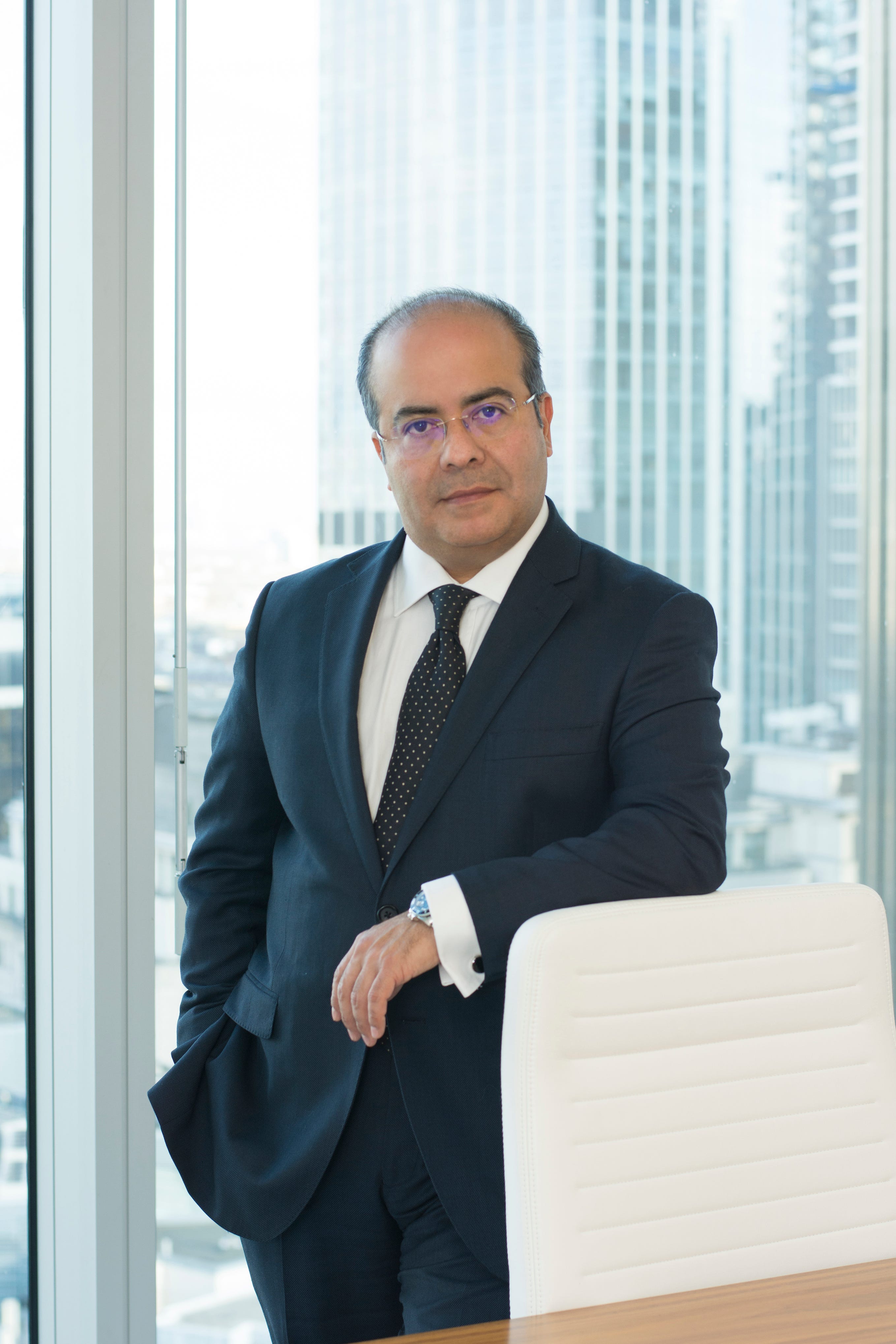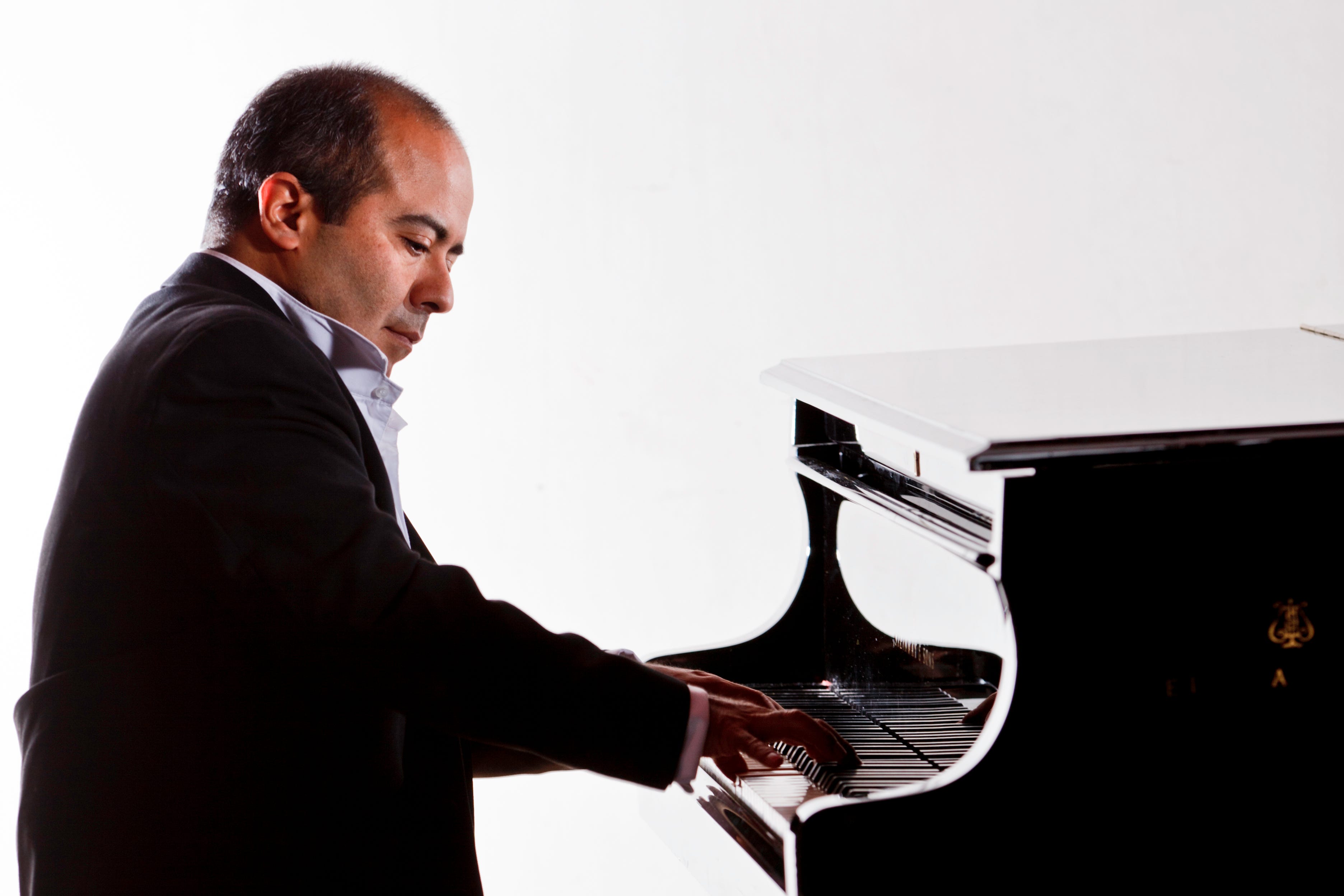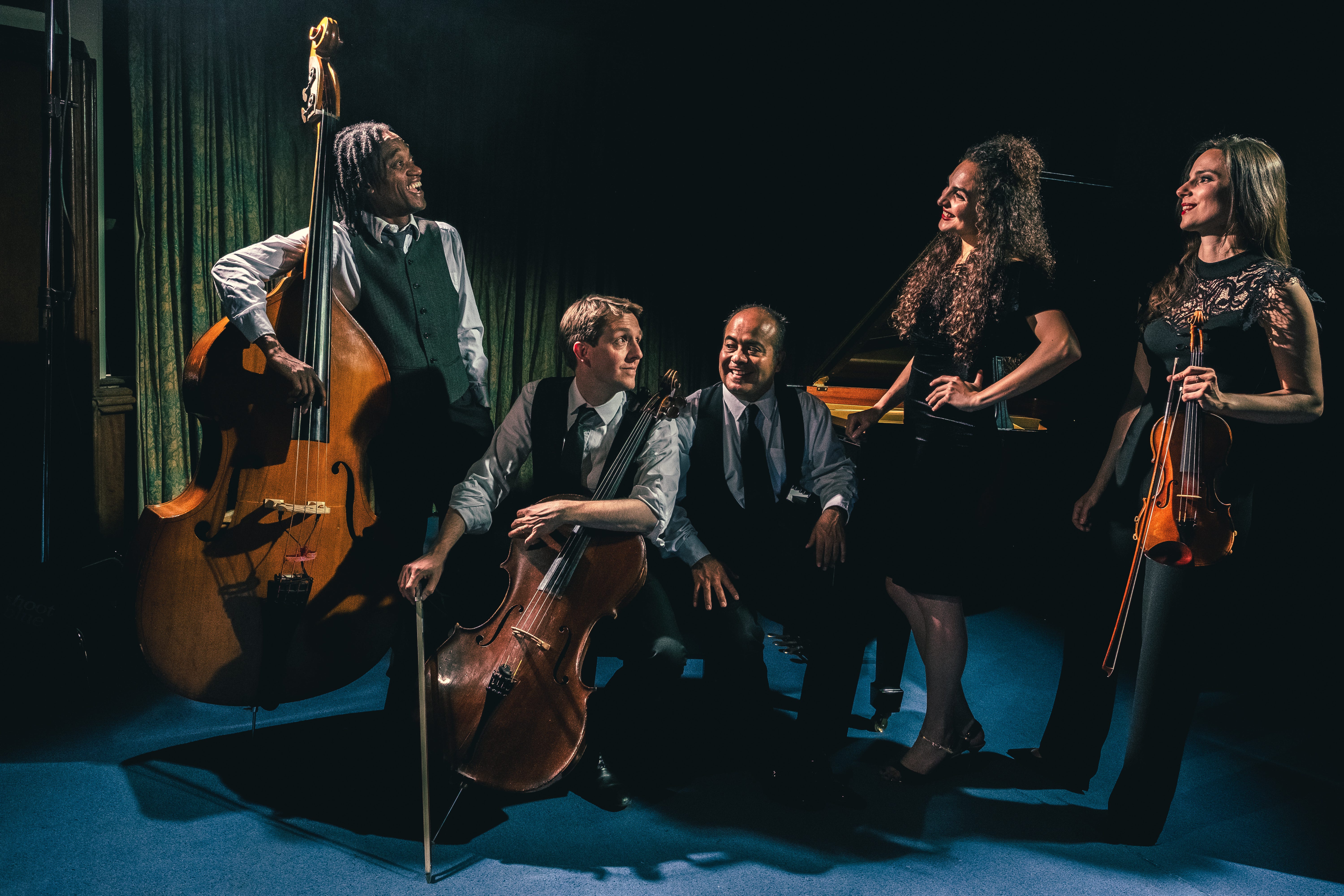
Ivan Guevara (1996) is Director of Natural Capital Investments, a company that delivers models of sustainable farming, traceability and eco-social standards. Here he summarises his career journey, shares his musical adventures with Classico Latino and explores the ethical issues surrounding farming.
What did you do before coming to St John’s as a postgraduate?
I first qualified as an attorney at law in Bogotá, where I then did a postgraduate degree in Financial Law and another postgraduate degree in Public Management. While in Colombia I worked as an in-house lawyer at a large insurance company and for the government as a legal adviser to the cabinet Minister of Finance. Then I came to the UK to do an LLM in International Business Legal Studies at Exeter University, followed by an MPhil in Latin American Studies and a PhD in Corporate Law at St John’s.
Briefly summarise your career journey so far.

My first job in the UK was at a large international biodiversity conservation NGO based in Cambridge called BirdLife International. After that I moved to London in 2003 to work at the (then called) FSA and held several subsequent senior legal positions in different industries.
Most recently I have worked extensively in the area of forestry carbon as a mechanism for the mitigation of climate change through the certification of projects that avoid deforestation and support reforestation. I participated in the first forestry carbon project certified in Latin America, in Peru, and later projects in Brazil and Indonesia.
As CEO of the land management company Lemco, I was involved in formulating and delivering projects in integrated land use, with the main objective being to procure sustainable farming and forestry management. I am now the director of Natural Capital Investments, which I founded after Lemco was sold to an Australian group.
What’s the focus of your current work in agribusiness?
In my current position channelling investments in agribusiness the focus is on 11 types of grain and proteins such as meat and poultry. The mechanisms normally followed are joint ventures with local companies (typically in Canada, Brazil, Ukraine and Australia) already active in farming, which lead to direct investment through significant shareholding or co-shareholding.
Alongside directing Natural Capital Investments, over the last four years I have also been General Counsel of SALIC UK: an agricultural and livestock investment company financed by the public investment fund of the Kingdom of Saudi Arabia. This is an initiative of food security that aims to select and inject significant funds into sensible agribusiness projects around the world.
The farming business cannot ignore or set aside the community-based components
How would you respond to critics who negatively contrast agribusinesses and corporate farming with smaller, family-owned farms?
I agree that large agribusiness operations can challenge and even exclude the small farmer. History shows that this is always a mistake because farming starts, and is ultimately controlled, at the family level. It is a valid criticism.
The farming business cannot ignore or set aside the community-based components — particularly in regions where farming is traditionally the family trade from one generation to the other. Accordingly, the investments we make aim to respect and in fact strengthen the position and participation of smaller farmers and the creation of associations, and vehicles to improve the contribution of family-owed farms are always promoted.
In a world that is suffering the consequences of climate change, responsible agribusiness is critical
Have you noticed the climate crisis — and reactions to it — having an impact on the agricultural industry and your work?
The climate crisis does indeed have an impact on the agribusiness world. This is why it is key to design models of sustainable farming specially tailored for the socio-economic reality of the place and farming communities involved. For instance, sometimes agricultural farming — either for food or for cleaner energies such as bio-fuels — can cause deforestation, which ultimately contributes to nearly 21% of the planet’s carbon emissions. That is where the bad press of palm oil originates from: it destroys forests and ecosystems.
In a world that is suffering the consequences of climate change, responsible agribusiness is critical. That means that agribusiness projects require the inclusion of community-based projects that are operated in a sustainable and traceable eco-social manner.

How do you balance your work with being part of the musical group Classical Latino?
Classico Latino is clearly a very serious activity nowadays. Some people may think the music is just a hobby, but far from it: Classico Latino is signed by music labels in the UK and in South America, and it has an editorial house, PR consultants, marketing consultants, business development and finance officers, tour managers, stage managers and sponsors!
Every time we are preparing a concert, it for sure means an extra effort for me, but I couldn’t imagine leaving music behind and dedicating myself only to law and business. Composing and playing for Classico Latino relaxes me and decompresses me, and it allows me to change hats and migrate from being a company director to being a pianist. I have done this for many years now and I feel very fortunate to be able to get the best out of these two rather demanding worlds!
What message do you want to share with Johnians?
I would just add that my experience of St John’s is as a true place of inspiration in all disciplines and for people of any origin. I arrived at John’s with all my dreams, fears and talents — and an uncertainty about how I would fit in to a place with more than 500 years of history. I left John’s with an MPhil, a PhD, friends and memories for life — plus a musical ensemble that started as a little crazy idea and has become an international success.
Read more about Ivan’s involvement in Classico Latino in the Playlist feature of Johnian magazine issue 45, due to be published and mailed late April 2020.


